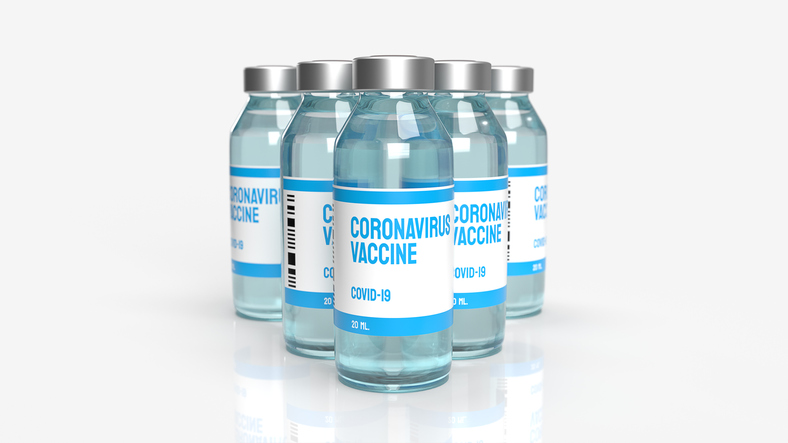“Lots of people have questions about getting vaccinated against COVID-19. That includes the millions of Americans with weakened immune systems that put them at higher risk of severe disease if they do get infected with the coronavirus.
“Patients want to know whether it’s safe to get it and, if they do get it, which one should they get? And of course, they also have concerns about how it can affect their own condition as well,” says Dr. Sharon Dowell, a rheumatologist at Howard University Hospital in Washington, D.C., who says she has been getting a barrage of questions from patients lately.
People can be immunocompromised for a wide range of reasons. Some are being treated with immunosuppressive medications for conditions such as rheumatoid arthritis, lupus, Crohn’s disease or psoriasis. Others are organ transplant recipients on powerful anti-rejection medications or cancer patients receiving chemotherapy.
Dowell and other doctors say vaccinating immunocompromised patients is especially important. But it also raises special considerations that these patients should discuss with their doctor beforehand. Here’s what you need to know.”
Read the full article, here.

